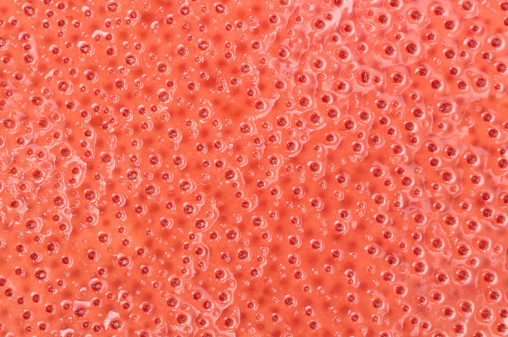Kailua-Kona, HI— Synthetic astaxanthin, an illegal and untested antioxidant carotenoid supplement ingredient, may have entered into the U.S. market to be sold as natural astaxanthin.
Cyanotech Corporation, based here, a company which produces microalgae products including BioAstin Natural Astaxanthin, tested raw materials from Asian suppliers after suspecting issues with their legitimacy. After preliminary tests, Cyanotech sent the astaxanthin products to two independent labs that specialize in carotenoids where their suspicions were confirmed, proving that the ingredient in question was synthetic astaxanthin. The synthetic version of the ingredient is produced from petrochemicals; the natural, safe version is algae-based.
Gerald R. Cysewski, Ph.D., chief science officer and executive vice president of Cyanotech, says that although they are positive the material tested was synthetic astaxanthin, “We do not have any knowledge that the material offered by the Asian suppliers has been imported into the U.S. However, we do know that these suppliers are contacting many U.S. companies selling natural astaxanthin supplements.”
Astaxanthin’s benefits, which are derived from its very high antioxidant activity, include support for the immune system, energy levels, joint health and stress levels. The supplement has become very popular since 2011, but the rise in demand is hard for suppliers to satisfy considering how difficult natural astaxanthin is to grow; only three companies in the world successfully grow it. Therefore, some companies have turned to synthetic astaxanthin, despite the safety and efficacy concerns, in order to profit from the supplement’s popularity.
According to Cyanotech, no country in the world has approved synthetic astaxanthin for direct human consumption. Another variety, yeast-based astaxanthin, is approved in the U.S. at a dosage of only 2 mg per day.
Published in WholeFoods Magazine, December 2013 (online 11/8/13)










